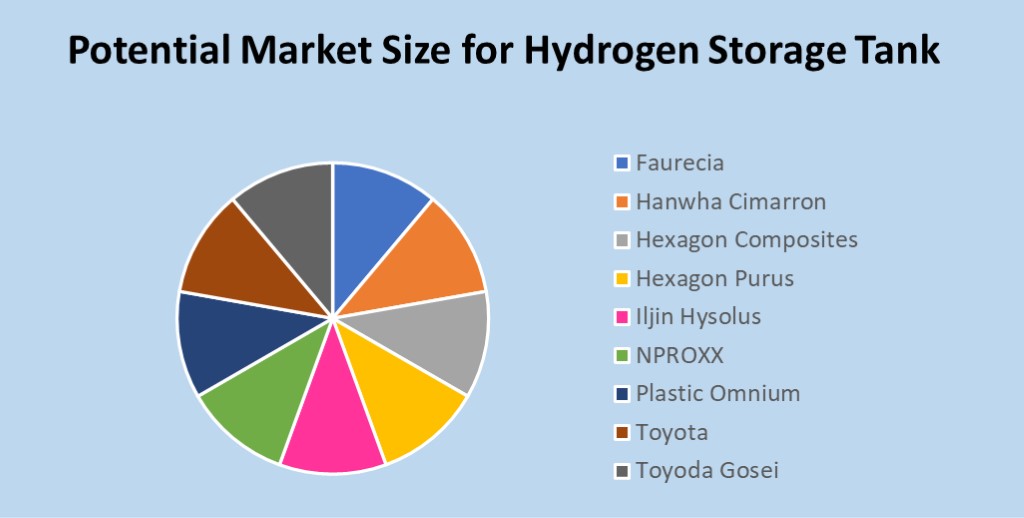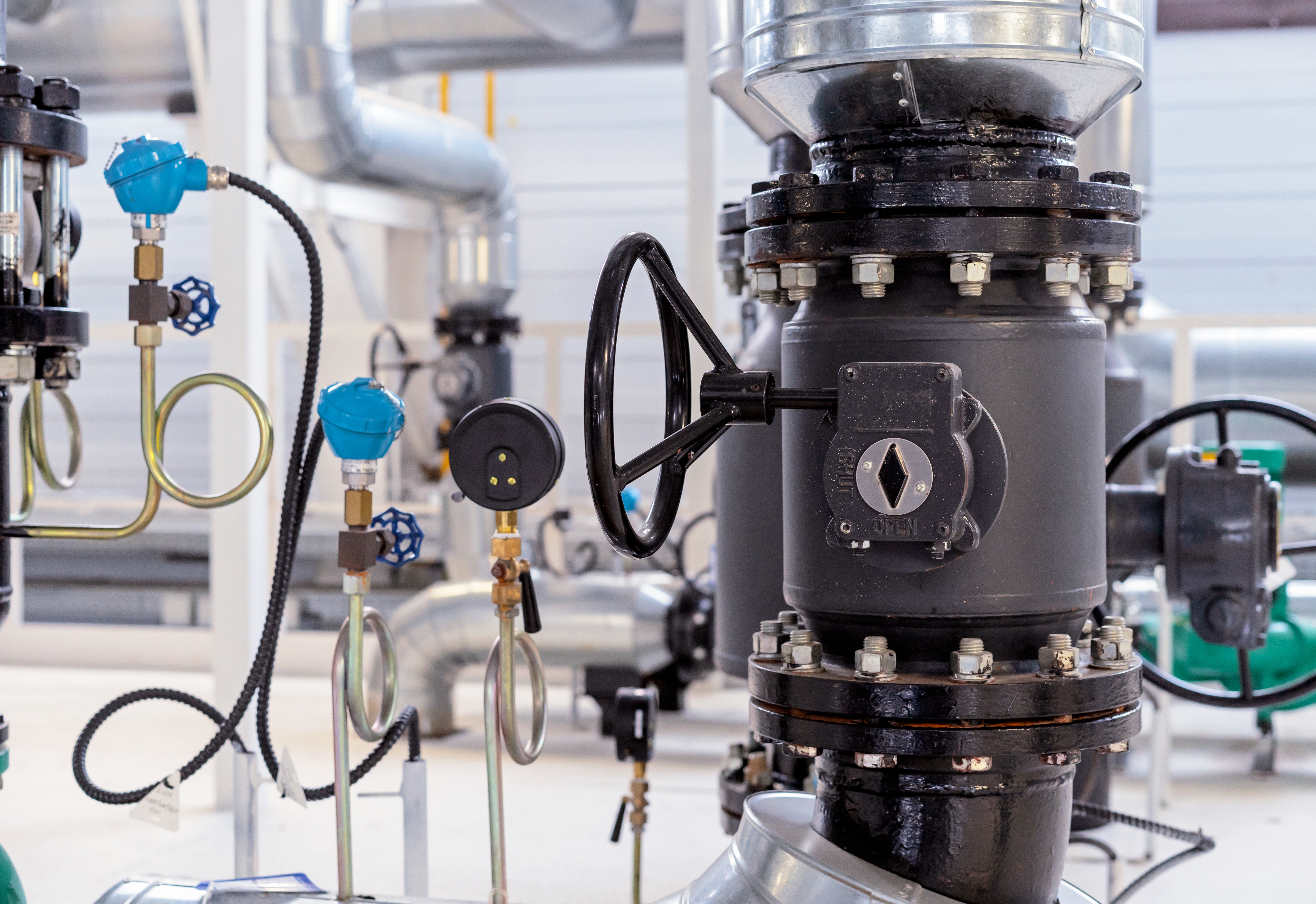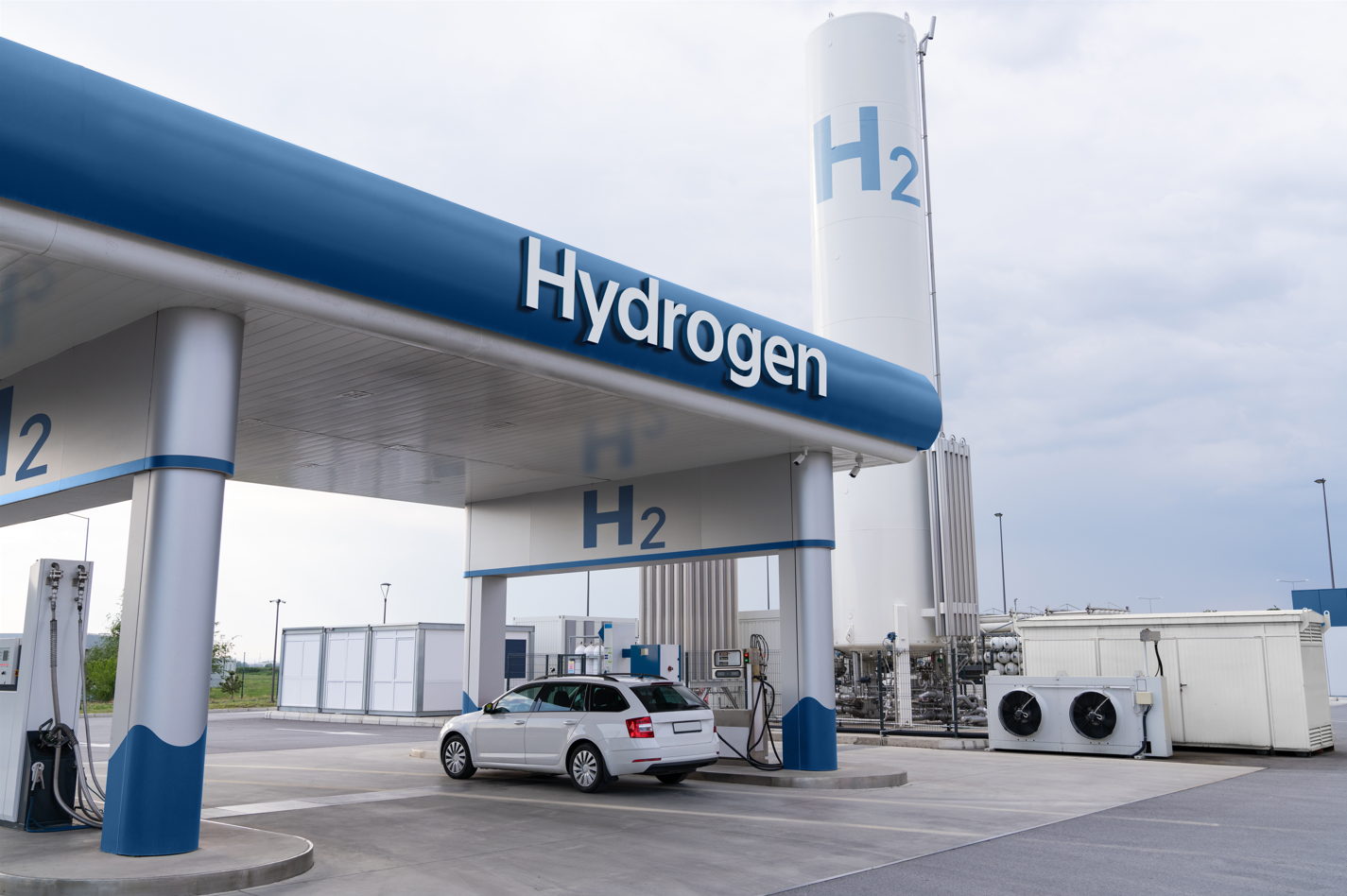Featured Articles
2023-07-04
[2023-07-04 ~
]
Potential Market Size for Hydrogen Storage Tank

Hydrogen is a natural gas at room temperature and has a lower density than other fuels, which is its greatest feature. However, in terms of application, it must be compared with the replaced fossil fuels to have practical significance. Although hydrogen's energy per unit mass is much higher than gasoline's, its volume energy is much lower than gasoline's. Especially when used in vehicles, hydrogen storage efficiency is closely related to endurance, which will directly affect the market acceptance of hydrogen energy.
Therefore, the storage of hydrogen is an extremely important key technology for the application of hydrogen and its fuel cells in stationary power, portable power, and transportation. However, its lower ambient temperature density leads to lower energy per unit volume, so developing advanced storage methods with higher energy density potential has become an important topic of industry efforts. Since the vehicle-mounted hydrogen storage tank must meet strict safety requirements on the one hand, and be able to carry high-density and high-efficiency hydrogen fuel on the other hand, it is extremely challenging technically. Currently, only a handful of manufacturers can deliver in large quantities. Even so, the hydrogenation of automobiles, ships, airplanes, and other means of transportation, as well as the storage and transportation of hydrogen, and its related infrastructure are inevitable trends. The potential market for hydrogen storage tanks is huge and has attracted many auto parts manufacturers to invest in development.
According to the estimates of Iljin, a major Korean hydrogen storage tank manufacturer, the hydrogen storage tank market will be about 760 million US dollars in 2022, three times that in 2025 in 2025, and is expected to exceed 10 times in size by 2030. French hydrogen storage tank manufacturer Faurecia claims that 40% of the value of the fuel cell system is in the hydrogen fuel storage system, while 70% of this value is the hydrogen storage tank itself, and 30% comes from valves and other components. This shows the importance of hydrogen storage tanks. At present, there are about nine major manufacturers of carbon fiber hydrogen storage tanks, including Faurecia, Hanwha Cimarron, Hexagon Composites, Hexagon Purus, Iljin Hysolus, NPROXX, Plastic Omnium, Toyota, and Toyoda Gosei. With the production increase plan, we can see its market potential.
Reference:
Hydrogen Fuel News, 2022-06-10, Tamy Hood, Toyota subsidiary Woven Planet creates exchangeable hydrogen cartridge
Auto evolution, 2022-05-13, Gustavo Henrique Ruffo, NamX HUV Proposes Swappable Hydrogen Capsules to Make FCEVs Practical
Hydrogen Center, 2021-09-09, Plastic Omnium wins a Major Contract With Hyundai to Supply High-end Hydrogen Vessels
Transmission Time, 2023-03-13, Kihoon Kim, Iljin Hysolus CEO "Hydrogen is not dangerous... Ultra-high pressure tank competitiveness"
日経クロステック/日経Automotive 久米秀尚, 2022-08-10, 3本合計110kgで距離30%延長 トヨタ「ミライ」の水素タンク
日経 XTECH 2015-06-25伊東敏夫トヨタのFCV「ミライ」、高圧水素タンクの炭素繊維4割削減
ASIAE, 2022-04-18, Kwak Min-Jae, Hydrogen tank technology ahead of Toyota..."If we cross the threshold, we will surpass electric vehicles"
Kurdo, 2021-11-08, Iljin Hisolus supplies hydrogen tanks to BMW following Hyundai Motors
Seoul Financial, 2022-09-22, Jin Wook Kwon, Iljin Hysolus participates in 'H2 MEET 2022' ... Hydrogen tank with stability and performance
Entreprises, 2023-05-30, Victor Cazale, Plastic Omnium, futur géant de l’hydrogène ?



